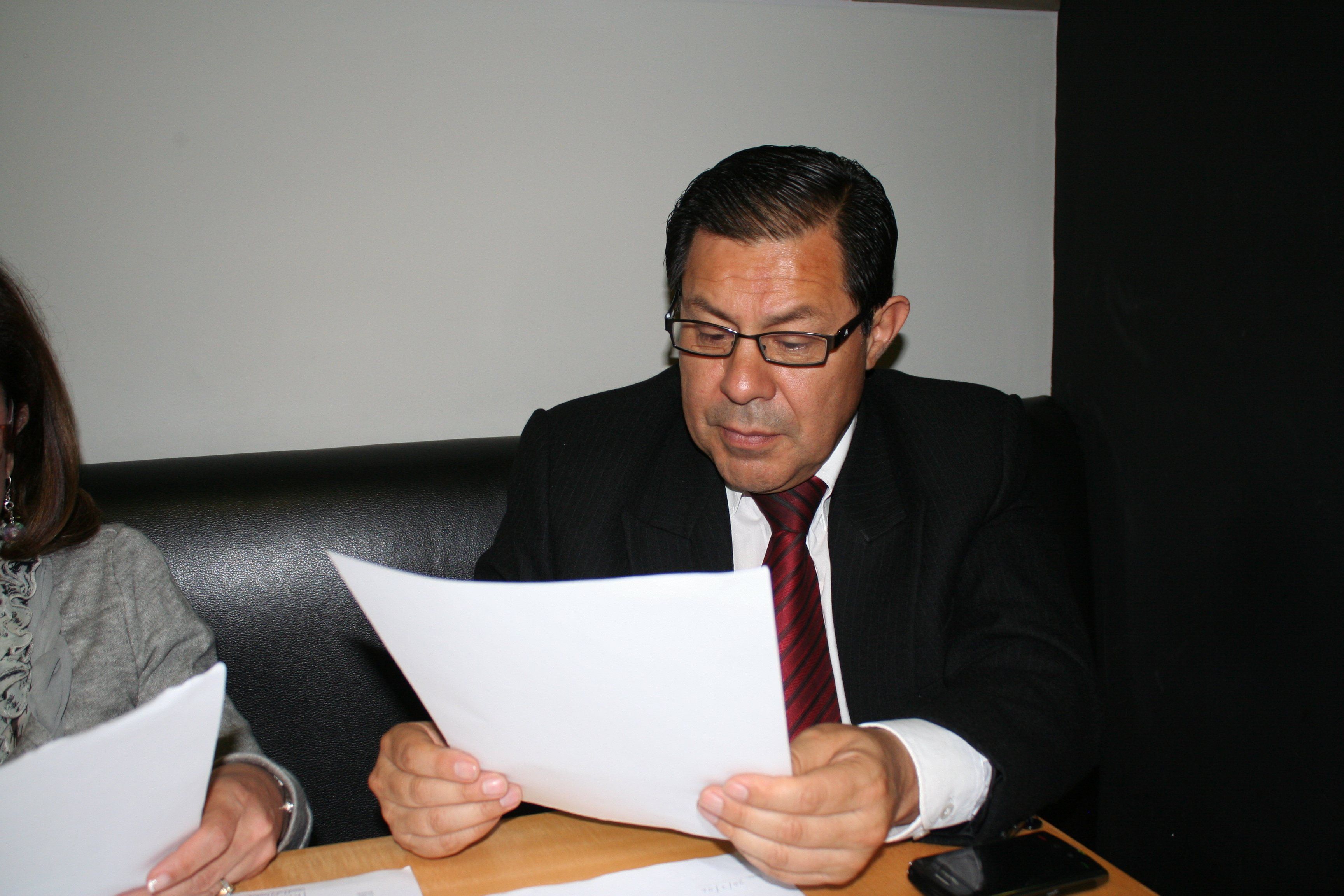Dr. Herbert Cuba, a gynecologist, is president of the Peruvian Medical Association, a professional organization that is sustained by the payments of members – not drug companies, a point he made emphatically. I had seen him on Peruvian television before I met him recently in an upscale restaurant in Lima's well-to-do Miraflores neighborhood. He ordered a coffee and spent the next hour explaining why he believes that poorly regulated clinical trials are increasing in Peru.
He said Latin America has become a "paradise" for drug companies for several reasons, first among them the region's large number of "treatment naïve" patients--meaning patients who have not taken medications that can interfere with a scientific study. "The Asian countries, especially India, are saturated with pharmaceuticals," he said. "So the drug companies are coming here."
Other reasons Latin America looks good to the globalized system of human clinical trials: Most Latin Americans live in cities, making patients easy to reach. Many professionals speak Spanish and English. Companies in the U.S. and Europe find Latin America's time zones more convenient than Africa and Asia, and they like the fact that in South America the seasons are inverted, giving year-round opportunities to research seasonal disease. And, said Dr. Cuba, drug companies like to go to places where large numbers of people lack basic insurance. "In Peru, for example, we have a high percentage of people lacking medical coverage and the money to buy needed medications," he said. "This is the kind of situation that pharmaceutical companies like."
The answer, he said, is not to shut things down.
"We need to regulate these companies but not in a way that blocks innovation," he said. "The problem is that the drug industry prioritizes profit while caring little about the consequences. We need to find an equilibrium."
That won't be easy. "As a larger number of clinical trials are being exported, too many are conducted under conditions that aren't acceptable yet evade scrutiny," said Dr. Sidney Wolfe, director of Public Citizen's Health Research Group.
Days later, I went to Peru's San Borja hospital where I met a cardiologist named Augusto Chois who has been the primary medical investigator on several trials. He said that drug companies police their own studies, and that Peru has taken a regional lead in developing ethical regulations that protect patients.
"People assume that drug companies are using people in Peru and the developing world as guinea pigs," he said. "It is ridiculous."
